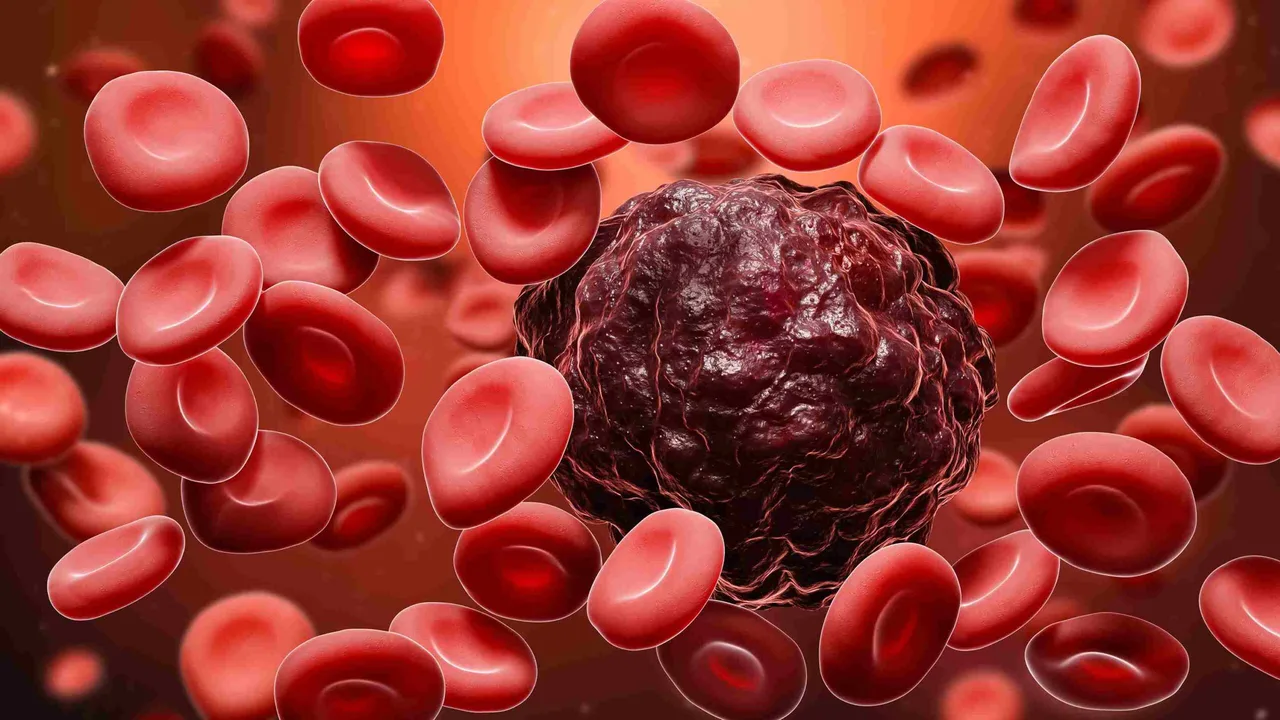Blood Cancer: Types, Signs, Tests and Treatment
Blood cancer is not a single illness. It mainly includes leukemia, lymphoma, and multiple myeloma. Each starts in different blood or immune-system cells and behaves differently. Knowing the basics helps you spot symptoms early and ask the right questions.
Common signs and when to see a doctor
Watch for unexplained tiredness, frequent infections, easy bruising or bleeding, swollen lymph nodes, night sweats, unexplained weight loss, or bone pain. These symptoms can come from many things, but if they last more than a few weeks or get worse, make an appointment. Early tests can rule out or catch cancer sooner.
If you have a doctor visit, bring a short list of when symptoms started, any family history of blood cancer, and current medications. This saves time and helps your doctor decide which tests to order first.
Key tests and what they show
Initial blood work often includes a complete blood count to check red cells, white cells, and platelets. If results are abnormal, expect further testing: blood smear, flow cytometry, bone marrow biopsy, and sometimes CT or PET scans. Bone marrow biopsy is the most informative for many blood cancers because it shows what the marrow cells look like and whether cancer cells are present.
Genetic and molecular tests are now routine. They identify specific mutations or markers that guide treatment choices. Ask your doctor which markers they tested for and how results affect therapy.
Treatment depends on the exact type and stage. Options include chemotherapy, targeted therapies that hit specific cancer proteins, immunotherapy that helps your immune system fight cancer, and stem cell transplant to replace diseased marrow. Some cases need watchful waiting, especially slow-growing lymphomas or smoldering myeloma.
Side effects vary by treatment. Common ones are fatigue, nausea, infection risk, and low blood counts. You can manage many side effects: take anti-nausea meds, use growth factors for low white counts, and follow infection precautions like avoiding crowded places and washing hands often.
Clinical trials are an option at many centers. Trials can give access to new drugs and approaches. Ask about trials if standard options are limited or you want the latest treatments.
Questions to ask your care team: What exact subtype do I have? Which tests confirm this? What are the treatment goals — cure, control, or symptom relief? What side effects should I expect and how will they be managed? Is a clinical trial right for me?
Finally, get support. Blood cancer care is more than medicine. Look for local patient groups, social workers at your clinic, and reliable online resources. You don’t have to figure this out alone.
Want more details on specific types, tests, or treatments? Check our related articles and guides for step-by-step explanations and practical tips for each stage of care.

The Connection Between Blood Cancer and Lymphoma
- Nov, 8 2023
- Daniel Remedios
- 7 Comments
Hello guys, this is something important I wanted to share with you. This piece digs into the close relationship that exists between blood cancer and lymphoma. It's meant to help us understand how these two diseases are intertwined and show ways on how the understanding of their link potentially paves the path towards better treatment options and improved survival rates. I have tried to break down complex medical terms into simple everyday language, ensuring no one is left behind in this beneficial knowledge trip.
